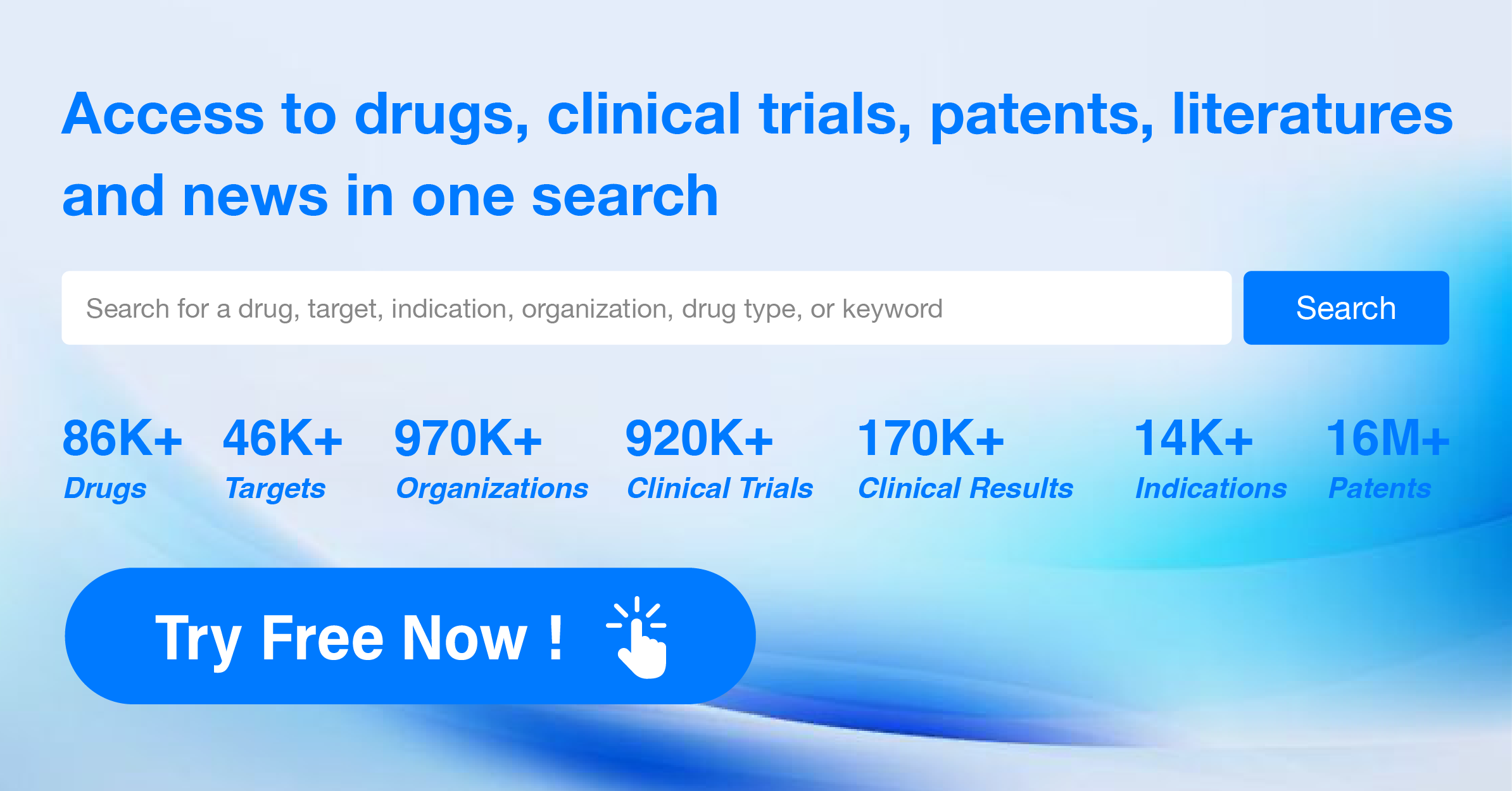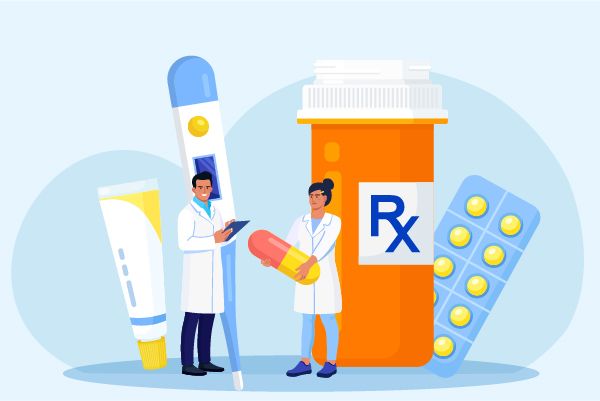Phase 1 Trial Indicates CAR T Cell Therapy's Efficacy Against Aggressive Brain Tumors
A groundbreaking clinical trial at City of Hope, a leading cancer research and treatment center in the U.S., has shown significant promise in treating glioblastoma, an aggressive brain tumor, through a Phase 1 CAR T cell therapy. The trial, which is the most extensive of its kind for solid tumors, was published in the journal Nature Medicine.
The therapy involves the use of genetically modified T cells that target a specific protein, interleukin-13 receptor alpha 2 (IL13Rα2), which is overexpressed in glioblastomas. This protein was developed at City of Hope and is licensed by Mustang Bio Inc., a subsidiary of
Fortress Biotech Inc.The trial addressed a significant hurdle in brain cancer treatment: the blood-brain barrier, which prevents many medications from reaching the tumor. To overcome this, the therapy was administered directly into the tumor and cerebrospinal fluid, the liquid that bathes the brain and spinal cord.
Out of 58 patients with recurrent high-grade glioma, primarily glioblastoma, nearly half experienced stable disease for a minimum of two months. Additionally, four patients showed either partial or complete response to the treatment. Notably, one patient achieved complete remission after receiving the therapy, which was well-tolerated across all tested dosages.
The treatment was delivered through three methods: direct injection into the tumor, infusion into the cerebrospinal fluid, or a combination of both. The median overall survival for all patients was eight months, with the final cohort treated with an optimized process achieving a median survival of 10.2 months, surpassing the expected rate for patients with recurrent glioblastoma.
The study's findings are a result of over a decade of collaborative research at City of Hope on IL13Rα2-CAR T cells. The institution is known for its comprehensive CAR T cell clinical research program, with approximately 70 ongoing trials covering 13 different solid tumor types.
The research team is now focused on identifying which patients are most likely to benefit from the therapy. By analyzing samples from the tumors and cerebrospinal fluid, they have discovered markers that correlate with survival and the therapy's effectiveness.
City of Hope, with its integrated clinical, research, and production capabilities, is well-equipped to advance the development and application of innovative treatments. The team is planning future studies with larger patient groups to further validate the therapy's efficacy and to explore new avenues, such as engineering CAR T cells to resist certain tumor suppressors and developing bispecific CARs that can target multiple disease markers.
The trial was supported by various grants and funding sources, including Mustang Bio Inc., and involved researchers from the Translational Genomics Research Institute, which is affiliated with City of Hope. The institution's mission is to bring hope to those affected by cancer and diabetes through research and treatment, and it has been a pioneer in developing breakthrough medicines and therapies.
How to obtain the latest research advancements in the field of biopharmaceuticals?
In the Synapse database, you can keep abreast of the latest research and development advances in drugs, targets, indications, organizations, etc., anywhere and anytime, on a daily or weekly basis. Click on the image below to embark on a brand new journey of drug discovery!




